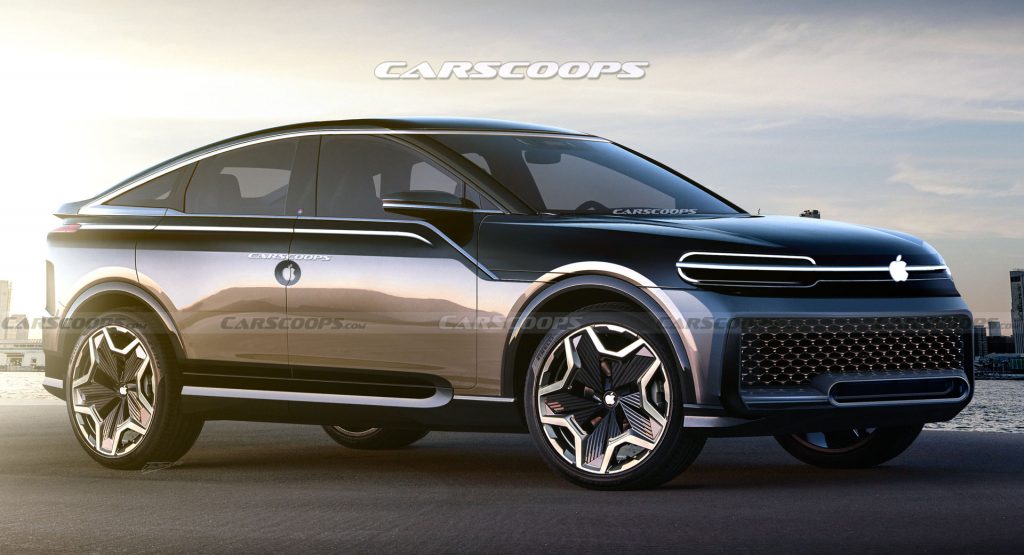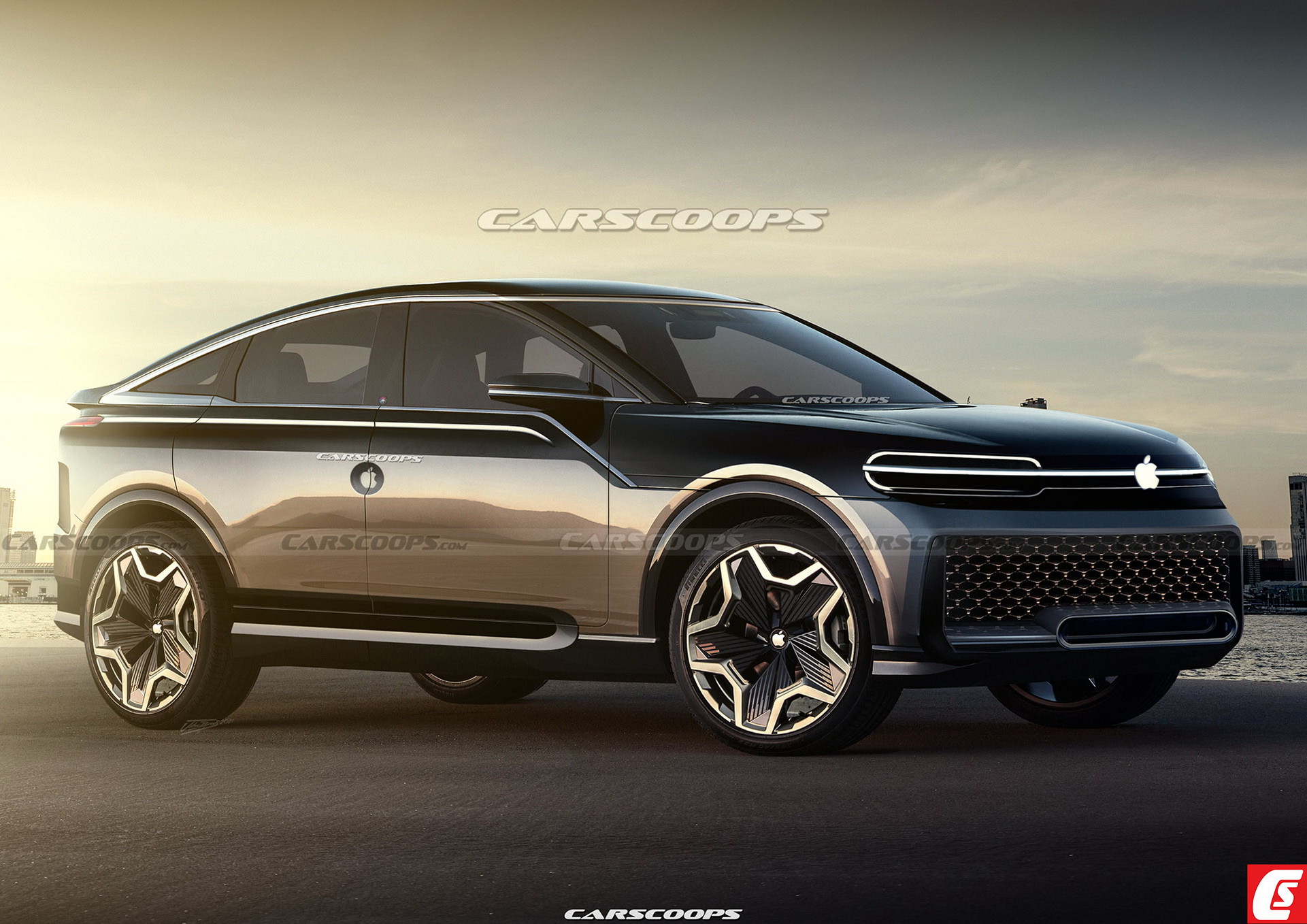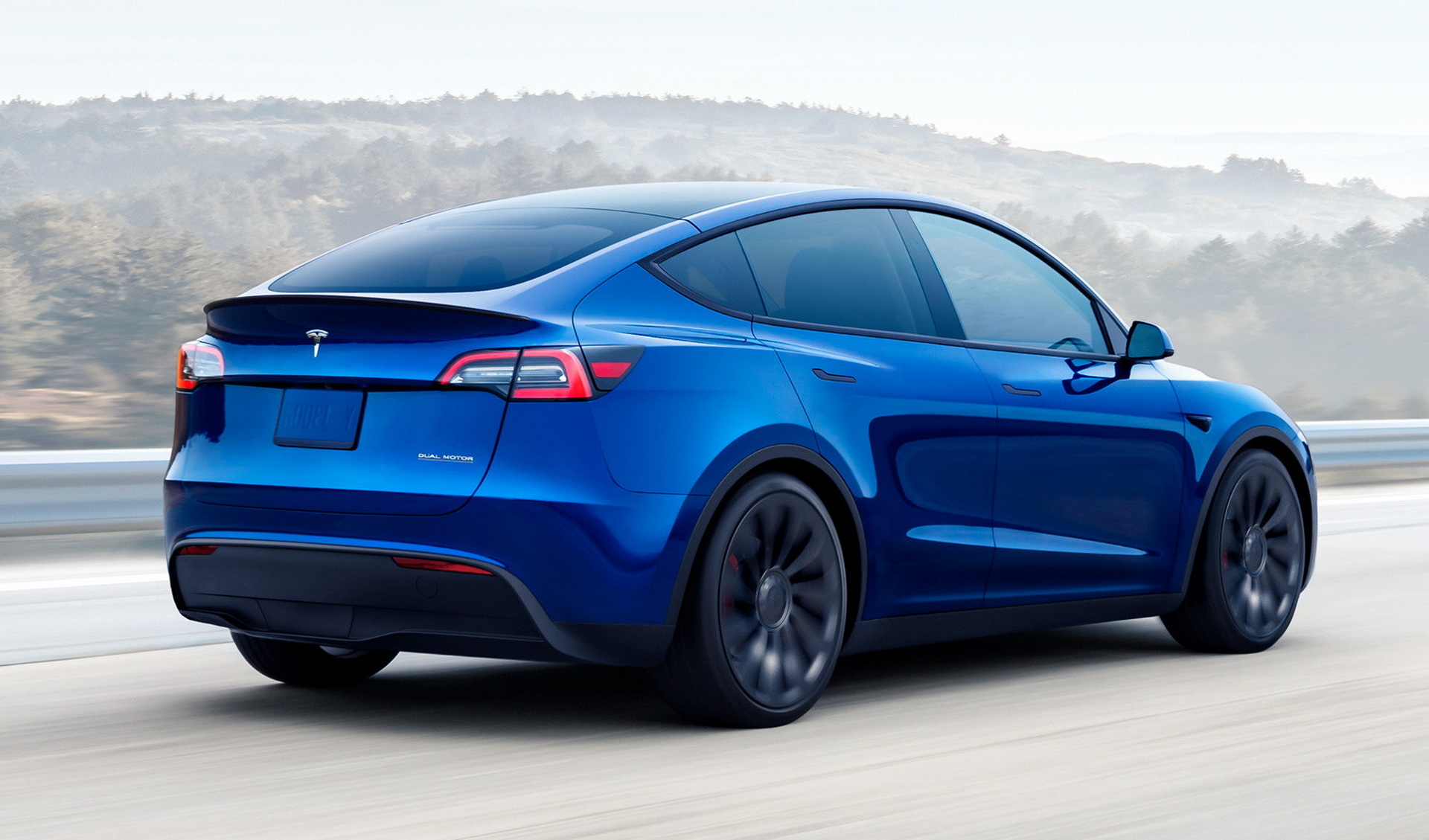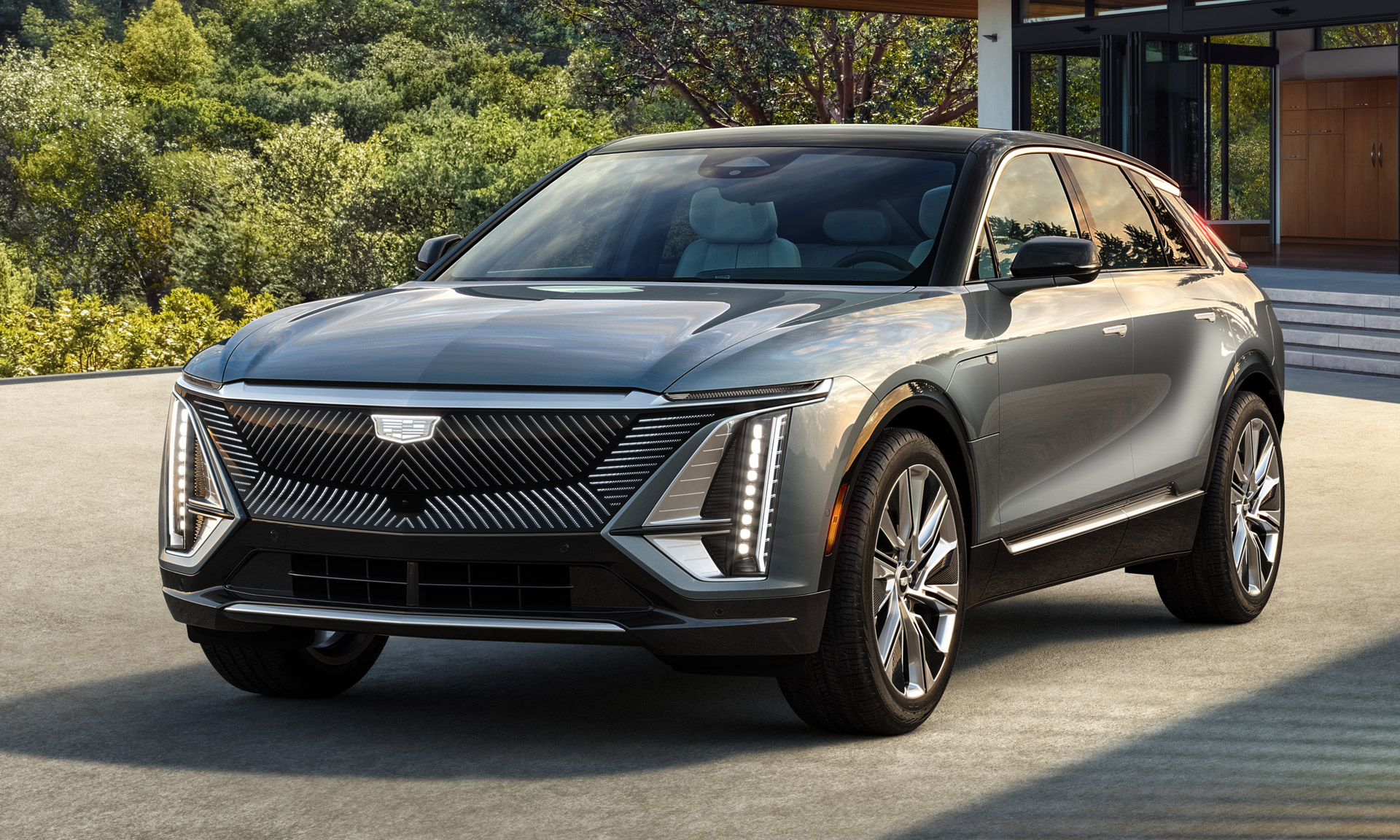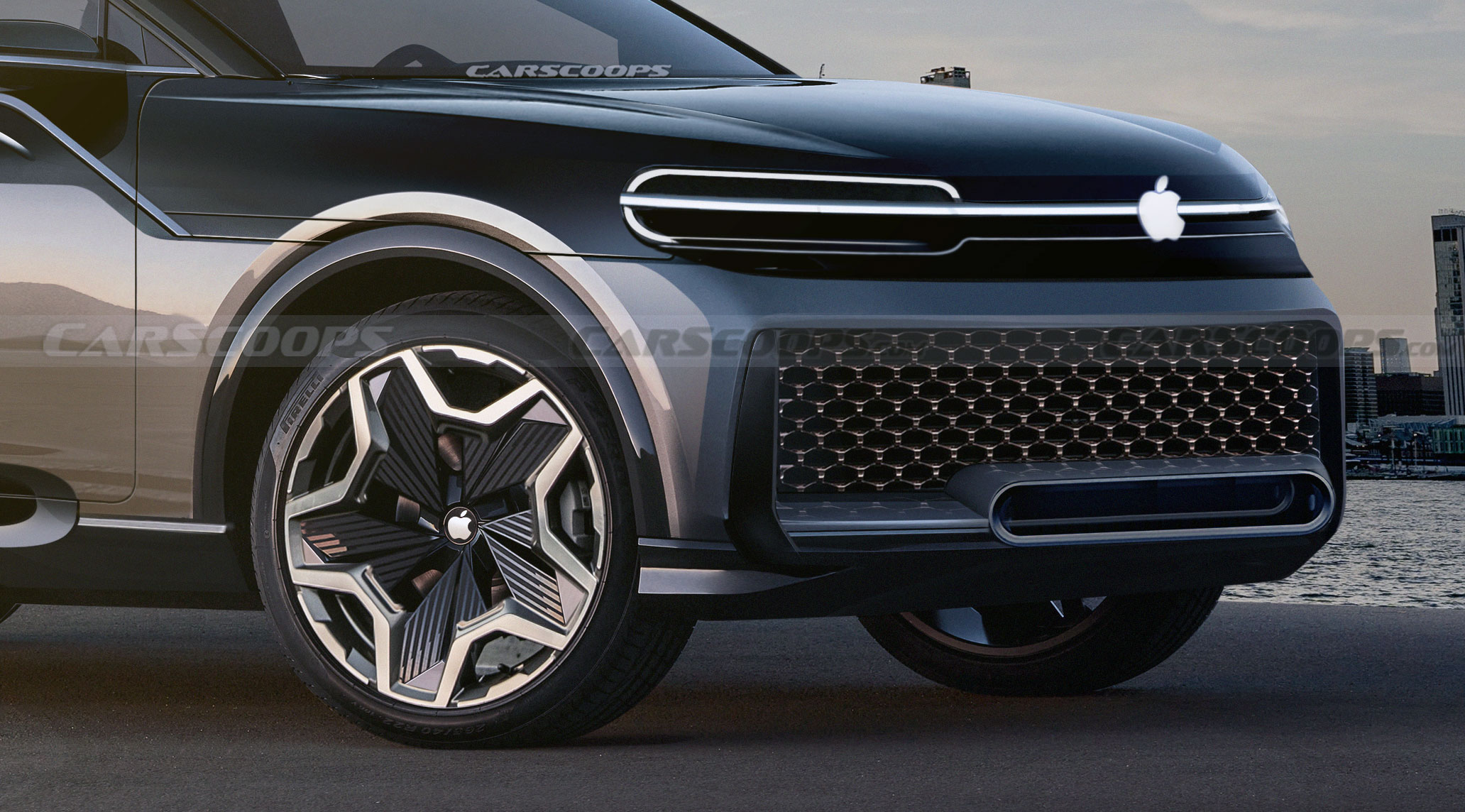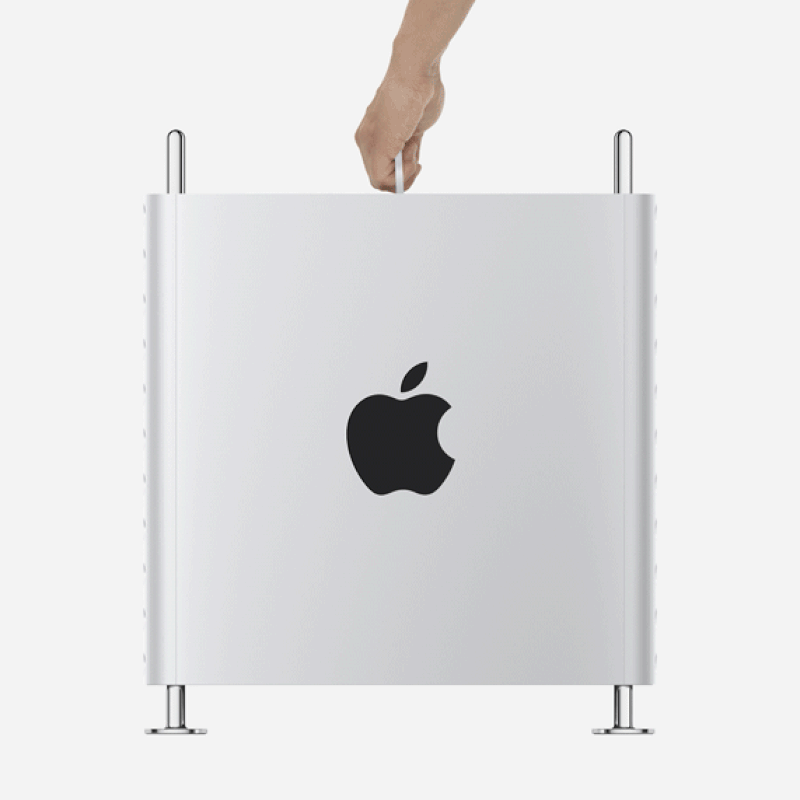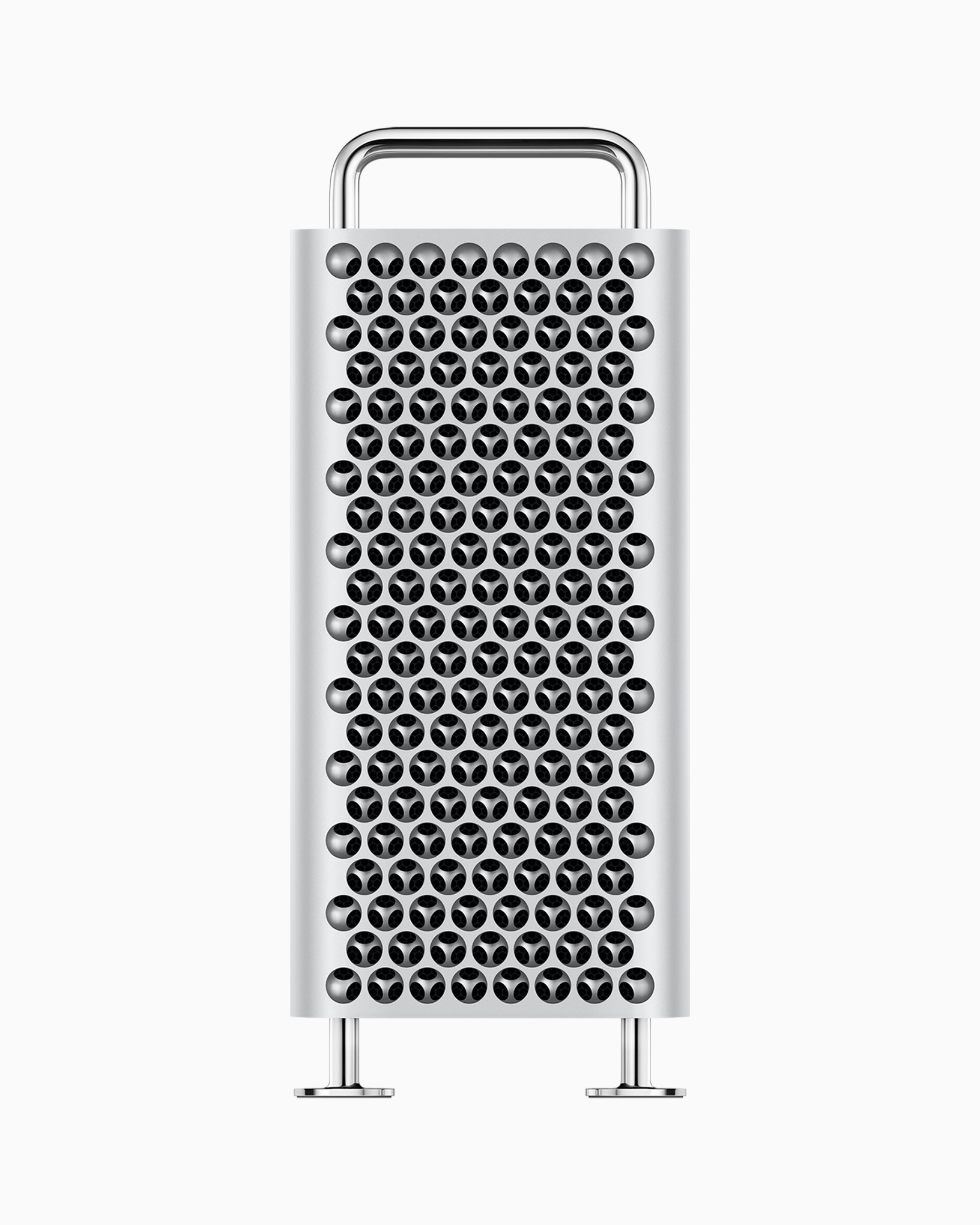These illustrations are made by CarScoops’ artist Josh Byrnes. They are speculative drawings that are not related to or endorsed by Apple.
Rumor, conjecture, wishful thinking – no matter how you describe it, there’s no doubt Apple is dabbling in something automotive-related in what is one of the world’s worst-kept secrets.
Codenamed ‘Project Titan,’ it’s believed the electronics giant has long been working on an autonomous electric vehicle with an embedded ecosystem of hardware, software and connected services.
We’ve heard the rumors about potential tie-ups with Korea’s Hyundai Kia group, Germany’s Volkswagen Group, Japan’s Nissan and Canada’s Magna International. However, we want to know how the iCar will look, perform and what advanced technologies it will feature. Curious? Well, let’s take a hypothetical look and illustratively explore everything else we can expect.
Powerful Proportions
Whilst it’s an unknown quantity as to what format or range of vehicles Apple will offer, they’ll want to be in the most profitable segments, hence why this study focuses on a crossover EV offering with an emphasis on premium practicality.
Read Also: What Other Brand Could Work With Apple To Make Its Electric iCar?
Inspired by the latest range of iPhones and the Bauhaus architectural movement from the early 1930s, the aim was to create a crossover-type vehicle with distinct, clean surfacing. Frontal styling features a copper honeycomb panel and LED headlamps that mimic the iPhone’s sim card ejector pin.
Moving to the side reveals a dramatic profile with a ‘layered’ two-tone aesthetic, which rises across the front fenders then flattens out towards the rear. Frameless windows with cascading chrome trim, automated coach doors, and a fastback rear end help cement its futuristic yet luxurious intent.
A Sublime Place To Be
We anticipate Apple’s offering to target the likes of Volvo and Audi for interior ambience, with strategic placing of vegan leathers, scratch-resistant glass and aluminum trims. Being all-electric will undoubtedly liberate vast amounts of cabin space in a serene, almost lounge-like atmosphere.
Of course, what you want to know is what kind of tech will be available. Sure, there will be obligatory ambient lighting, wireless connectivity, and goodies like augmented-reality heads-up display and Siri voice assist. But along with it comes Apple’s iOS ecosystem of Apps and associated subscriptions – think similar to what Tesla currently does, but on a bigger scale.
Taking the stress out of driving will be one of the main attractions to the iCar: fully autonomous driving capabilities. It’s well-known Apple has worked hard to develop such a system, as evident by its recruitment drive and a self-driving fleet of leased rentals wearing a multitude of LiDAR scanners, cameras and sensors.
The Right Ingredients
We know Apple has the technology to make the iCar a success, yet arguably the most significant unknown quantity is what battery chemistry, motors and platform it’ll use. Volkswagen, Hyundai/Kia, Nissan, and Magna have all at one point or another been rumored to provide the fundamental underpinnings for Apple, yet nothing has been confirmed.
This leaves the Cupertino-domiciled manufacturer in a position to either develop its own platforms and batteries (an extremely costly undertaking) or to contract them out. However, you can rest assured they’ll be gunning for at least Tesla in terms of outright performance and EV range.
See Also: Elon Musk Wanted Apple To Buy Tesla For $60 Billion, Tim Cook Wouldn’t Even Take Meeting
The latter could be handled by new-generation solid-state batteries (SSB) that eschew liquid electrolytes found in current lithium-ion batteries. Because of this, they’re faster charging, inherently safer (far less prone to thermal runaway) and up to 30 percent more energy-dense (as indicated by current research). Unfortunately, no battery manufacturer has scaled them up to a commercial level yet, with volume production not expected until 2025 – still, just in time for any potential iCar introduction.
Rivals & Reveal
If Apple’s electronic consumer goods pricing is anything to go by, the iCar will sit in the upper luxury segment. There, it will compete against the likes of Tesla, Cadillac’s Lyriq, Audi’s e-tron series of BEVs and other OEM sub-brands like Mercedes-Benz EQ and BMW iX.
No official date has been confirmed for an “iCar” introduction. However, given the multitude of unanswered questions around Apple’s foray into the auto industry, we expect it wouldn’t be earlier than 2025.
Would an Apple-branded vehicle be on your EV-buying radar if it came to fruition? Share your thoughts in the comments below.




